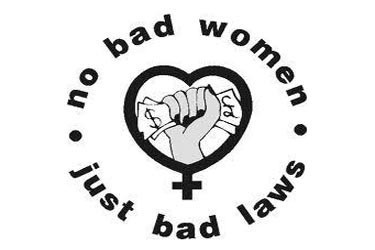By Dr Katie Cruz, Lecturer in Law (University of Bristol Law School).*
 On 2nd June, sex workers and activists gathered globally to mark the struggle for sex workers’ rights. International Sex Workers Day is just one day of the year dedicated to the struggle for sex workers. Activists gather on March 3rd to mark International Sex Worker Rights Day and on December 17th to mark International Day to End Violence against Sex Workers. These dates occur because of the historical and ongoing violence against, and exclusion of, sex workers. Sex workers are subject to interpersonal forms of violence, from police officers and clients, and the structural violence of criminal justice and immigration institutions. They are criminalized and affected by often-punitive anti-trafficking laws and policies, and they are subject to heightened immigration controls, including the criminalization of movement and working. The Tory government’s hostile environment has created additional layers of institutionalised insecurity for many migrant sex workers, including restrictions on access to housing, healthcare, education, and banking services.
On 2nd June, sex workers and activists gathered globally to mark the struggle for sex workers’ rights. International Sex Workers Day is just one day of the year dedicated to the struggle for sex workers. Activists gather on March 3rd to mark International Sex Worker Rights Day and on December 17th to mark International Day to End Violence against Sex Workers. These dates occur because of the historical and ongoing violence against, and exclusion of, sex workers. Sex workers are subject to interpersonal forms of violence, from police officers and clients, and the structural violence of criminal justice and immigration institutions. They are criminalized and affected by often-punitive anti-trafficking laws and policies, and they are subject to heightened immigration controls, including the criminalization of movement and working. The Tory government’s hostile environment has created additional layers of institutionalised insecurity for many migrant sex workers, including restrictions on access to housing, healthcare, education, and banking services.
In a recent article I wrote for Feminist Legal Studies, I argue for a Marxist feminist methodology capable or describing and opposing these intersecting exclusions and oppressions as they apply to migrant sex workers in the UK. However, this method can be used to understand the precarious living and working conditions of all (sex) workers. In this post, I make some remarks in relation to citizen sex workers in the UK and Jamaica, where I am currently conducting fieldwork with Prof Julia O’Connell Davidson and Dr Jacqueline Sanchez Taylor. (more…)
